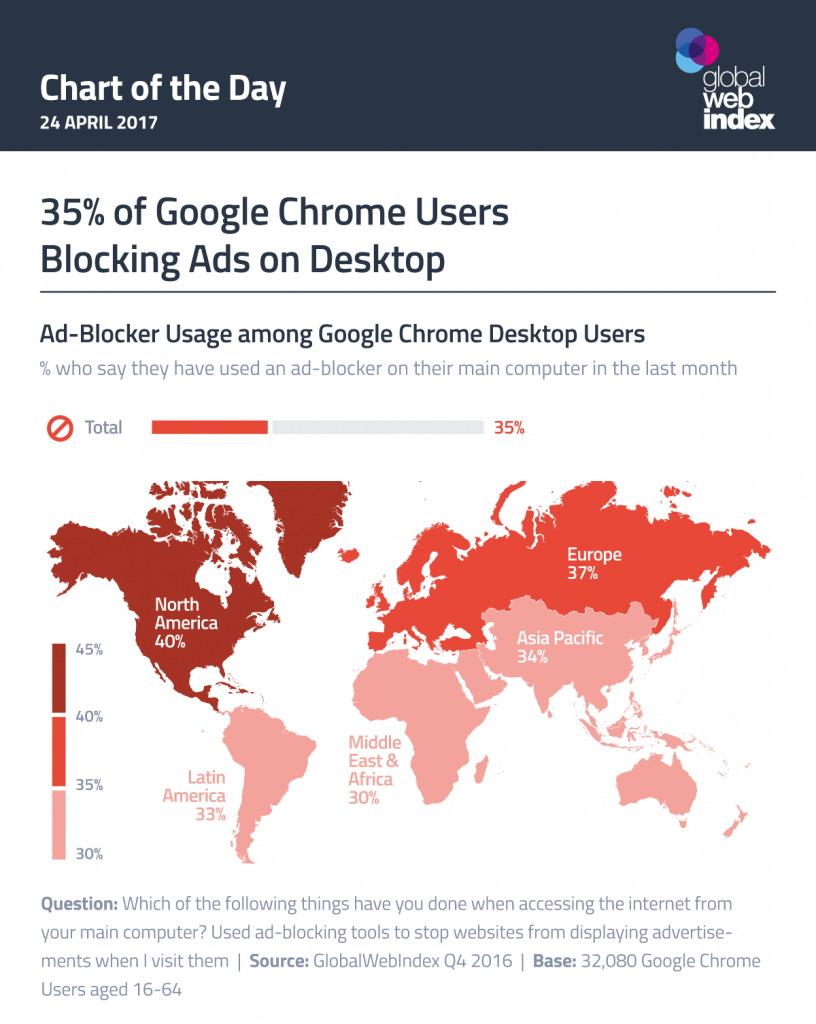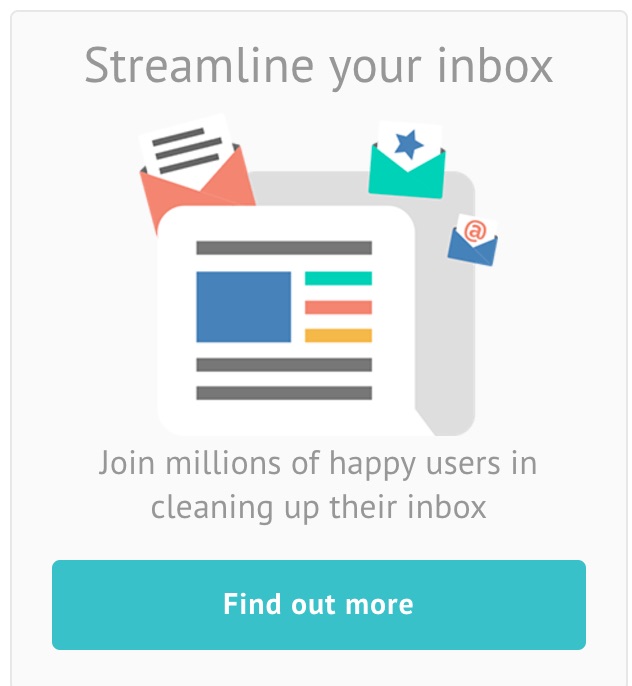Here’s a telling excerpt from a fine piece about Facebook by Farhad Manjoo:
The people who work on News Feed aren’t making decisions that turn on fuzzy human ideas like ethics, judgment, intuition or seniority. They are concerned only with quantifiable outcomes about people’s actions on the site. That data, at Facebook, is the only real truth. And it is a particular kind of truth: The News Feed team’s ultimate mission is to figure out what users want — what they find “meaningful,” to use Cox and Zuckerberg’s preferred term — and to give them more of that.
This ideal runs so deep that the people who make News Feed often have to put aside their own notions of what’s best. “One of the things we’ve all learned over the years is that our intuition can be wrong a fair amount of the time,” John Hegeman, the vice president of product management and a News Feed team member, told me. “There are things you don’t expect will happen. And we learn a lot from that process: Why didn’t that happen, and what might that mean?” But it is precisely this ideal that conflicts with attempts to wrangle the feed in the way press critics have called for. The whole purpose of editorial guidelines and ethics is often to suppress individual instincts in favor of some larger social goal. Facebook finds it very hard to suppress anything that its users’ actions say they want. In some cases, it has been easier for the company to seek out evidence that, in fact, users don’t want these things at all.
Facebook’s two-year-long battle against “clickbait” is a telling example. Early this decade, the internet’s headline writers discovered the power of stories that trick you into clicking on them, like those that teasingly withhold information from their headlines: “Dustin Hoffman Breaks Down Crying Explaining Something That Every Woman Sadly Already Experienced.” By the fall of 2013, clickbait had overrun News Feed. Upworthy, a progressive activism site co-founded by Pariser, the author of “The Filter Bubble,” that relied heavily on teasing headlines, was attracting 90 million readers a month to its feel-good viral posts.
If a human editor ran News Feed, she would look at the clickbait scourge and make simple, intuitive fixes: Turn down the Upworthy knob. But Facebook approaches the feed as an engineering project rather than an editorial one. When it makes alterations in the code that powers News Feed, it’s often only because it has found some clear signal in its data that users are demanding the change. In this sense, clickbait was a riddle. In surveys, people kept telling Facebook that they hated teasing headlines. But if that was true, why were they clicking on them? Was there something Facebook’s algorithm was missing, some signal that would show that despite the clicks, clickbait was really sickening users?
If you want to understand why fake news will be a hard problem to crack, this is a good place to start.


